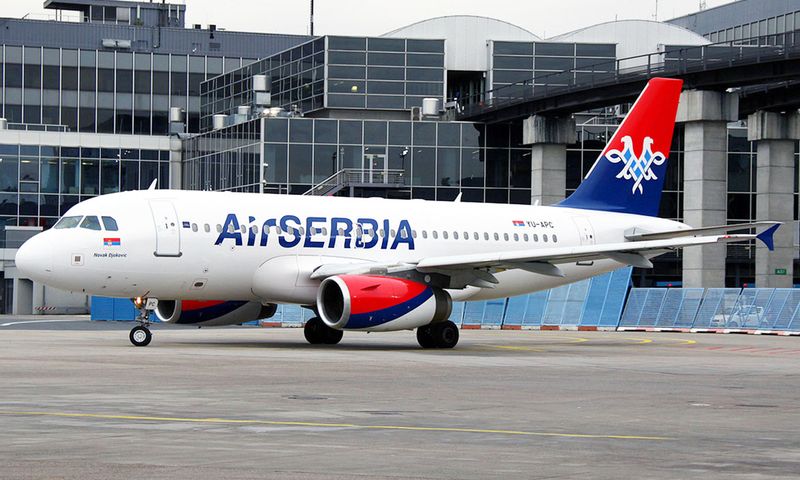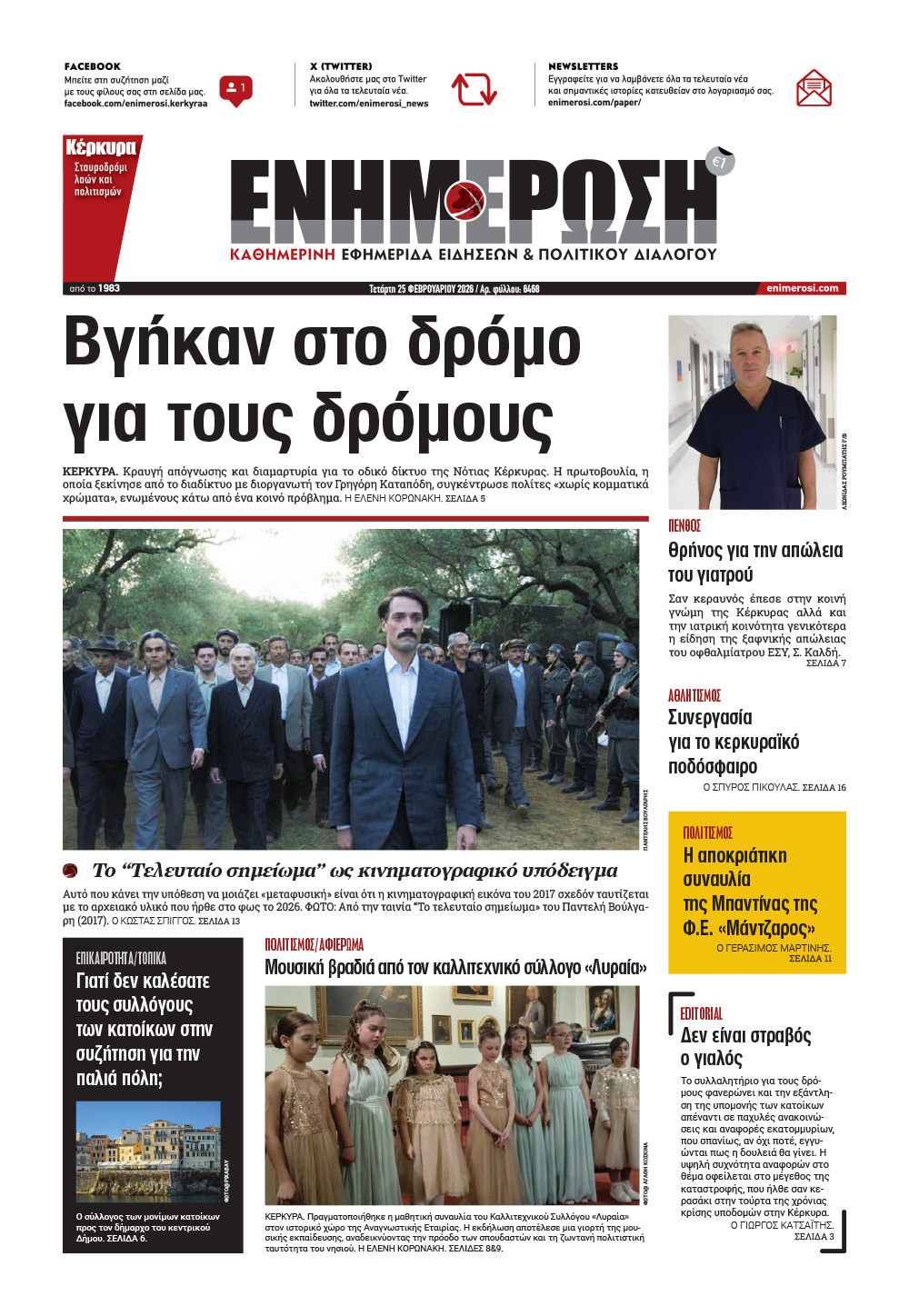Privatization of regional airports: The Serbs are smarter than the Greeks

By Dimitris Roussos*
When the final bids for the privatization of the 14 Greek state-owned regional airports were made public, some people reacted against the low amount offered, bearing in mind not only the annual revenues they contributed to the Greek state, but also the 2 digit percentage rise in tourism over the coming years. Fraport offered the highest bid and finally won the concession for 40+10 years. The offer of a €1.234 billion upfront payment, an annual €22,9m fixed fee plus 28.5 percent of Fraport Greece's yearly operational profit made a big impression, as it was a lot higher than the other 2 bids. Also, according to the company "Fraport Greece will be investing about €400 million on improving and expanding the airports' infrastructure over the next 48 months”.
According to “Ta Nea” Greek newspaper: the other two bidders for the privatization tender were Argentina’s holding company Corporation America with Greek engineering firm Metka, and France’s Vinci with Greek contractor Ellaktor, offering between 800m and 960m Euros - approximately 30% lower than Fraport’s bid.
So, the answer to all those who were complaining was simple : "Fraport offered by far the highest bid, this is a free market, this is how much those 14 airports are worth, what else could we do?”
The European Commission also concluded that: “concessions for 14 regional airports in Greece were awarded on market terms and therefore did not involve any state aid. The concession agreements are part of Greece's commitments in the context of the stability support programme. The Commission found that the terms of the concession agreements are in line with market conditions, in particular because they result from a competitive, transparent and non-discriminatory tender. It also found that Greece selected the best offer submitted in this tender, i.e. the concessions were awarded to the company whose offer would generate the highest revenues for the Greek State. On this basis, the Commission concluded that the Greek State awarded the concessions under terms that a private operator would also have accepted.”
Recently though, something very similar took place in neighboring Serbia, not a EU member, with the privatization of its main “Nikola Tesla” airport in Belgrade. It is an airport with 5m passenger traffic, placing it between the second and third Greek airports, Thessaloniki and Iraklion, based on the latest figures.
The bid offered by the French Vinci Airports- Vinci was among the other two bidders in Greece – is for 501m upfront, 16m Euros annual fee and commitment to invest 732m over the 25 year concession period. Let’s compare the two cases :
|
|
14 Greek airports |
Belgrade Airport |
|
Concession period in years |
40 +10 |
25 |
|
Passenger traffic |
24-25m |
5.3 m |
|
Upfront payment |
1,234m Euros |
501m Euros |
|
Investments |
330m -1,400m Euros |
732m Euros |
|
Annual Fee |
22.9m Euros+ percentage of profits |
16m. Euros (unknown if there is a percentage from profits) |
It would be fair to admit that either the Serbs are smarter than the Greeks and managed to strike a much better deal, or something very “weird” is going on, because the very same company offered a very low bid for the 14 Greek regional airports, with 4 times more traffic and tourist projections being very optimistic for the next years. Questions are raised whether Vinci entered the bidding process because it actually was interested in obtaining control, or it just submitted an offer solely to “legalize” a scandalous contract.
Indeed, given the fact that one of the Greek state advisors for this privatization, was the German airline Lufthansa, which also just happens to be one of Fraport’s shareholders, did not raise a single question from the – otherwise strict – European Commission, we can also consider a case of national treason.
News of the privatization of “Nikola Tesla”airport, did not make it to the Greek main news media, probably because they did not want the Greeks to realize how they “had been caught with their pants down” once again, after all those triumphant articles on how good the privatization was for the Greek economy, how it will help defeat the national debt etc.
It would be really interesting to see the position of the Greek leftist government, the European commission and the media, if this Serbian concession had taken place during the same period as the Greek.
*President of Civil Aviation Union at Corfu Airport




